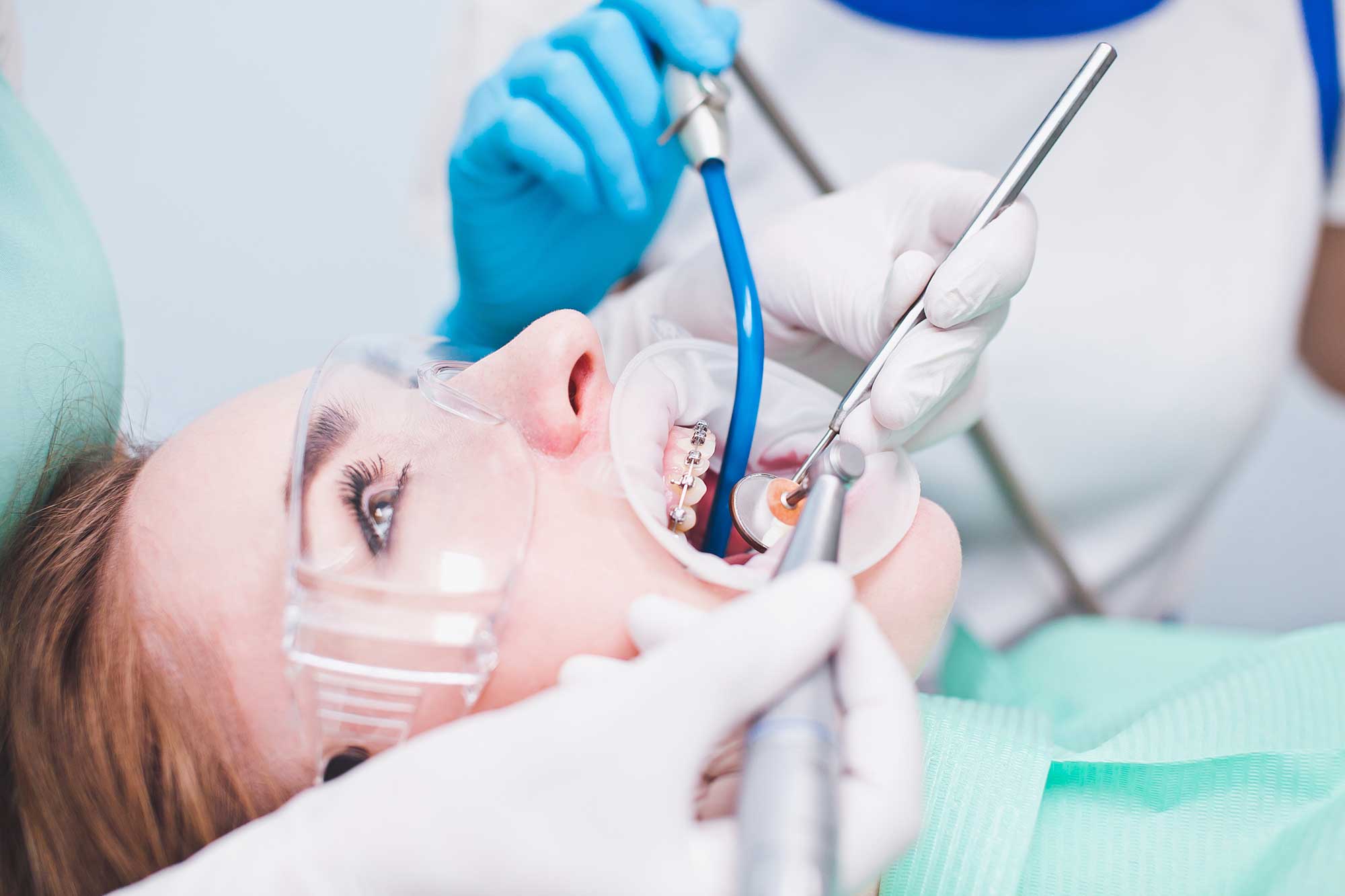 A collaborative campaign has been launched to educate potential patients on safe orthodontic treatment.
A collaborative campaign has been launched to educate potential patients on safe orthodontic treatment.
The Oral Health Foundation and British Orthodontic Society have come together to unveil ‘Safe Brace’ in a bid to promote a protected space for trusted and expert guidance.
This comes as the General Dental Council (GDC) voiced alarm over reports of direct-to-consumer orthodontics.
A chief concern is the lack of face to face patient contact, which the GDC believes is integral if the clinician is to make the correct clinical decisions.
Dr Nigel Carter OBE, chief executive of the Oral Health Foundation, said in person appointments are ‘essential’.
He said: ‘We are highly concerned by the growth of companies offering orthodontic treatment online.
‘Many of these providers lure people in with cheap prices and the promise of fast results.
‘Furthermore, only a dentist or orthodontist can undertake the complex procedure of straightening teeth.
‘These face-to-face appointments are essential as a qualified professional fully assesses the patient. As a result, the clinician can inform them on the most appropriate treatment for their needs.’
Meeting expectations
Dr Carter also hopes Safe Brace will highlight the need for constant assessment throughout the treatment journey.
He added: ‘Importantly, the dentist will also be able to monitor a person’s progress throughout the course of their treatment and make adjustments to the appliance when needed.
‘A trained clinician provides patients with a full examination and can explain the range of different treatment options available.
‘This will put the patient in a great position to get the best results in a safe and effective environment. It will also mean that the treatment is more likely to meet a patient’s expectations.
‘The consequences of ill-fitting braces are hefty and can leave a person with permanent damage to their teeth, gums and jaw.’
Additionally, Professor Jonathan Sandler, president of the British Orthodontic Society, said he fears a lack of face to face consultation could lead to dangerous and inappropriate procedures.
He said: ‘In my professional opinion, any orthodontic treatment undertaken without an examination from a suitably trained clinician is dangerous. It risks missing serious conditions, as well as the carrying out of inappropriate and dangerous treatment.’


